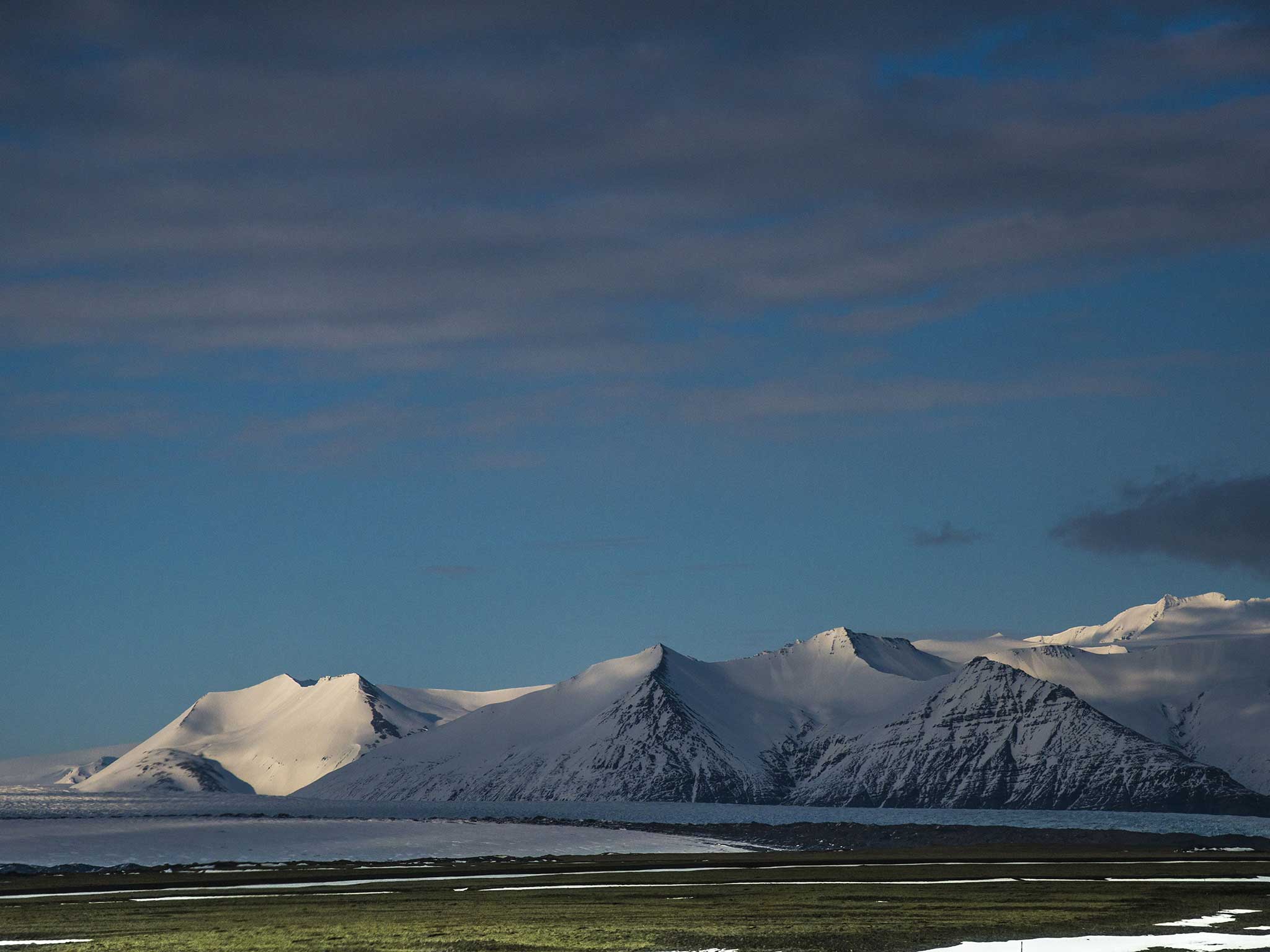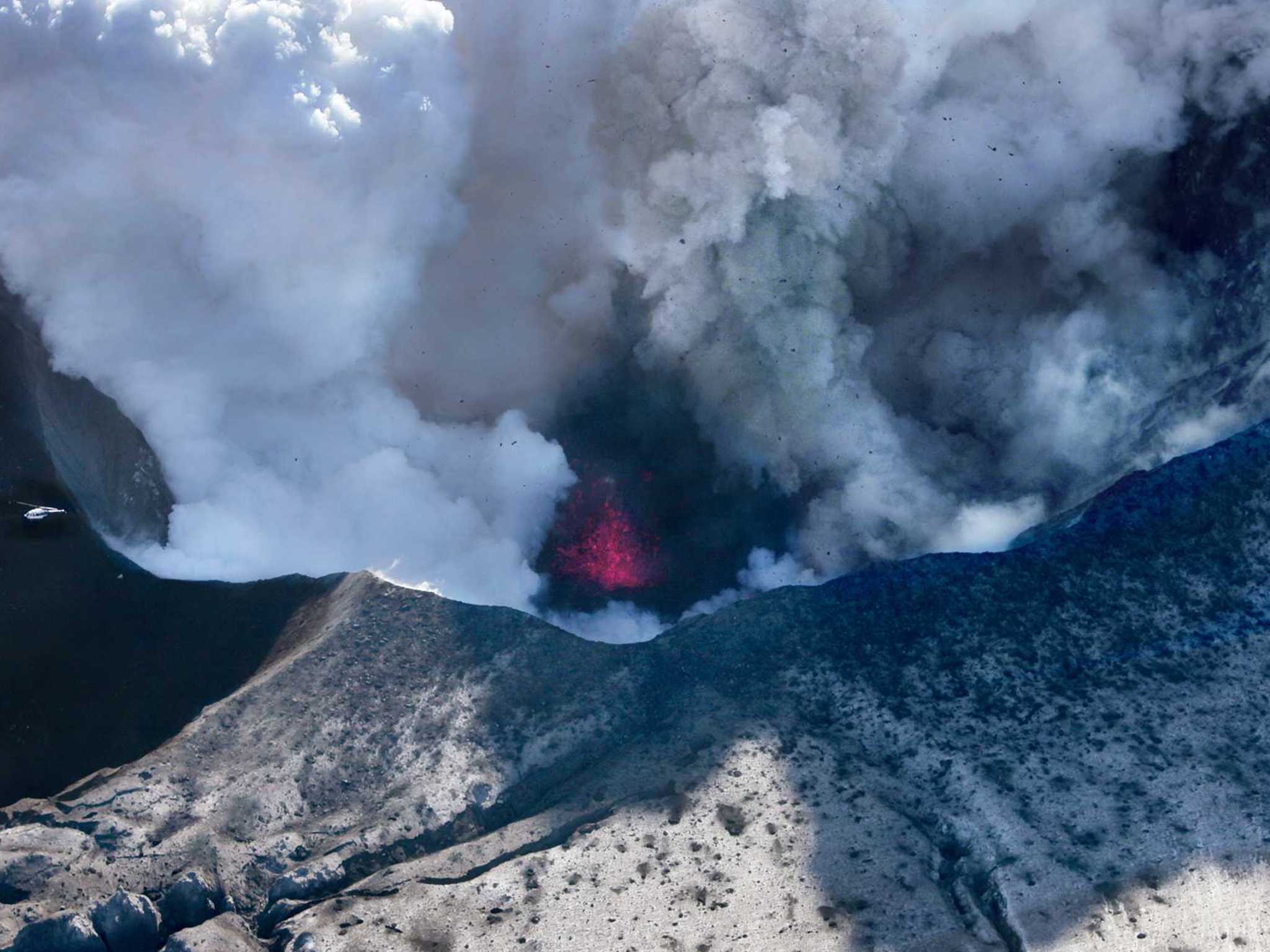Iceland volcano: Bardarbunga warning upgraded as airlines fear repeat of 2010 'ash cloud crisis'
Icelandic Met Office raised warning to second highest level,

Iceland's Met Office has increased the risk of the Bárðarbunga volcano system erupting, prompting airlines’ fears of a repeat of the disastrous 2010 ‘ash crisis’, which saw flights grounded across Europe with an estimated $1.7 billion cost.
The Met Office said in a statement there were “strong indications of ongoing magma movement”, raising the aviation warning to orange, the second highest on the colour code.
An eruption of the volcano system, located under the north-west region of Iceland’s Vatnajokull glacier, would potentially lead to flooding or the emission of gas.
Yesterday, after “intense seismic activity” over the weekend, officials noted an M4 earthquake – the strongest in the region since 1996.

"Presently there are no signs of eruption, but it cannot be excluded that the current activity will result in an explosive subglacial eruption, leading to an outburst flood and ash emission," the Met Office said.
The aviation colour codes are used to indicate the level of risk for air travel.
Eurocontrol, the Brussels-based agency responsible for co-ordinating European airspace, said in a statement it was aware the Icelandic Met Office had revised the status of the volcano and it was following the situation closely.
Events at the 15.5 mile-wide volcano bring back dark memories for airliners, after the eruption of the Eyjafjallajökull volcano in 2010. More than 100,000 flights were cancelled, affecting roughly 10 million people and costing billions.
Join our commenting forum
Join thought-provoking conversations, follow other Independent readers and see their replies
Comments